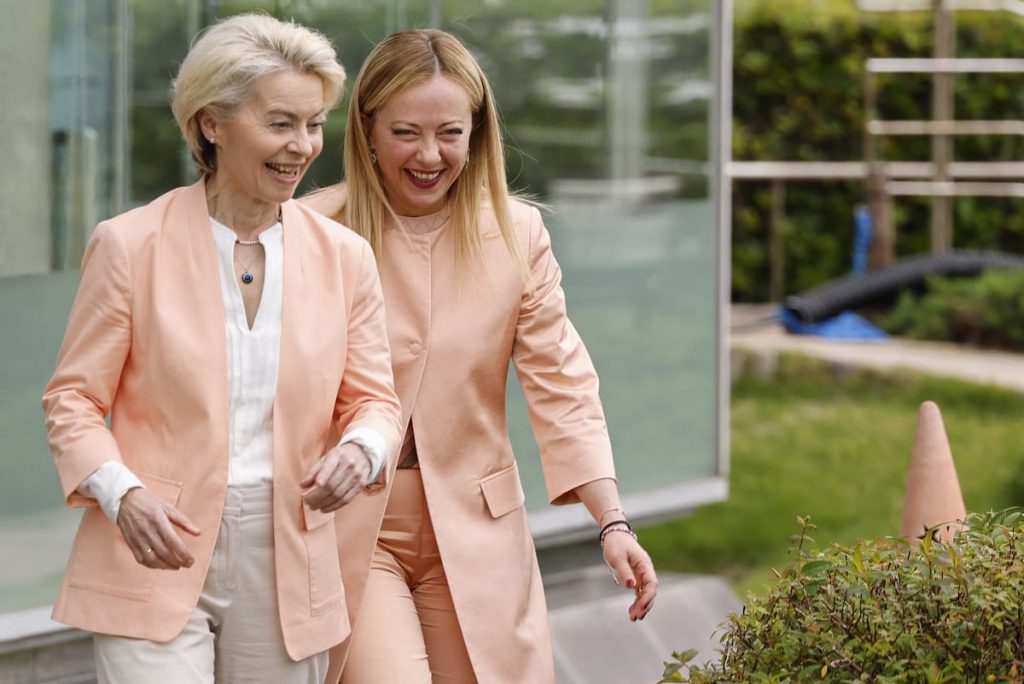Since our Transition, integration in Europe has become a key element for democracy consolidation. However, there are concerns about the potential increase in support for national-populist parties in the upcoming European elections, which could undermine the commitment to democratic values within the EU. The geopolitical considerations for future enlargements may also play a role in accepting countries with illiberal characteristics. The current historical moment is marked by a tension between democracy and authoritarianism, putting pressure on democratic governments from both external and internal forces. The rise of national-populist parties in Europe and the potential erosion of democracy within the EU are significant challenges that need to be addressed.
The specific ways in which national-populist parties could impact the democratic future are still unclear, but there is growing evidence of their strategies. Recent events, such as the attack on Fico in Slovakia, highlight the increasing polarization within democracies. These parties challenge the consensus on issues like immigration, asylum rights, and climate change, and may seek alliances with authoritarian leaders like Putin. Despite poll predictions of strengthened support for these parties, they are unlikely to have the majority needed to impose their agenda in the European Parliament. However, the real danger lies in the potential fragmentation of the current EU bloc, which could weaken the European project.
The upcoming European elections are crucial for the future of Europe, and unity is essential to address the challenges ahead. National identities should not hinder collective action to tackle the looming threats. It is crucial to demand transparency from mainstream parties, particularly those within the European People’s Party, regarding their stance on the EU and potential alliances with the extreme right. In Spain, the focus should be on assuming the role of European citizens rather than prolonging domestic disputes. The defense of national identities and interests does not lie in isolation but in sharing sovereignty to prevent its loss. Emotional reactions and nationalistic tendencies should be set aside for the common goal of a stronger and united Europe.
The need for a strong and united EU to protect democracy and uphold democratic values is evident in the face of rising national-populist movements. The threat of authoritarianism and the erosion of democratic norms within the EU require a collective effort to safeguard the democratic principles that underpin the European project. The upcoming elections will test the resilience of democracy in Europe and the ability of citizens to prioritize common interests over divisive nationalistic tendencies. This moment calls for clear vision, unity, and a commitment to upholding democracy in the face of challenges from within and outside the EU.
The future of Europe will be shaped by the outcome of the upcoming elections and the choices made by political leaders. The rise of national-populist parties poses a significant challenge to the democratic foundations of the EU, and it is crucial for mainstream parties to stand firm in defense of democratic values. The unity and cohesion of the EU bloc are essential to counter the threat of authoritarianism and protect the principles of democracy. By prioritizing collective action and shared sovereignty, European citizens can ensure a future built on democratic values and a commitment to a strong and united Europe.


